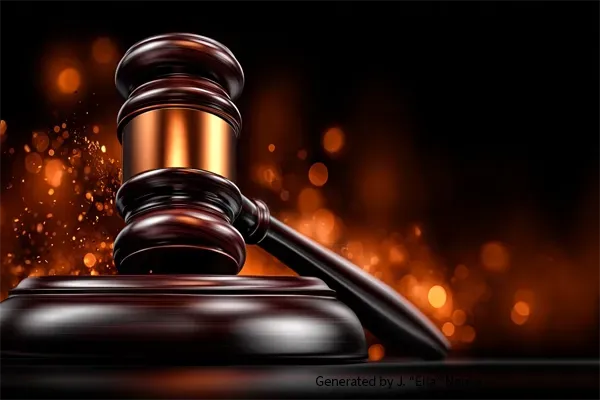
Copyright Lawsuits & Content Tools: What Creators Need to Know
If you’re using AI tools to create faster, easier, or more consistently in your business, this is something to keep an eye on.
Midjourney, the image generator, is being sued. Not for what people are making with it - but for how the tool was trained. Generative AI models learn from huge datasets, and in this case, Midjourney may have used copyrighted artwork without getting the artists’ permission. That’s what the courts are sorting out now. [1]

So what does that mean for you and me?
If you’re using these tools to write blog posts, design graphics, or build client deliverables, it’s worth pausing to make sure you’re not stepping into risky territory without realizing it.
Why This Isn’t Just a One-Off
This kind of legal drama isn’t new, and it’s not limited only to visuals.
Getty Images filed a lawsuit after a tool scraped millions of their licensed photos with zero licensing agreements. [2]
A group of authors (including people like Sarah Silverman) filed claims stating their work was fed to popular writing tools without permission. [3]
And Scarlett Johansson called out OpenAI’s digital assistant that mimicked her voice - without her consent. [4]
Different stories, same thread: creators and companies are seeing their work - or something eerily close to it - used in ways they never agreed to.
That’s why this conversation matters. Because the same tools that help us save time can also create risk if we’re not paying attention.
What I’m Doing (That Might Help You Too)

Look, these platforms don’t always make it clear what’s happening behind the scenes. But here’s how I’m staying mindful and what I recommend to others:
✅ I read the terms
Before I sign up for a new tool, I check the fine print. I use a prompt that helps me break down the legal stuff into clear answers about ownership, usage rights, and privacy. I’ve walked away from some pretty cool looking platforms with amazing features because they didn’t feel right legally.
✅ I use trusted tools for internal brainstorms, but I keep the final content mine
If something helps me sketch ideas or break through a block, awesome. But I treat written AI-generated content as a first pass, never the final draft. I edit and rewrite to strengthen my voice, insights, and then use my judgement before sharing or publishing anything.
✅ I ask questions others might skip
Can I legally use this for paid work?
Do I need to credit anyone?
Would I feel good telling a client where it came from?
If I don’t like the answers - or can’t find them - either skip it or make sure to reference the original source I used (like with Pixabay and the sleep videos I create for YouTube).
✅ I stay curious
AI tools and their capabilities evolve and change quickly. What's okay today may shift and not be okay in six months. A little extra care and attention now can save a lot of trouble later.
The Bigger Picture
This isn’t about fear. It’s about clarity.
When we use AI tools and platforms to help us create, we’re not just clicking buttons. We’re entering into agreements. The more we understand what we’re saying yes to, the better we can protect our work our clients, our businesses and our credibility.
So here’s the TL;DR (a little too far down in the post, I know):

Use the tools that align with your values. Just be and stay aware of what using them actually means - before you jump in, and after you hit publish. Don’t hand over your voice or your judgment just to save a few minutes. It's not worth it.
Edit with intention.
Publish with care.
And if something feels off? Trust yourself. Pause. Walk away.
You don’t need a law degree to stay in the clear. Just curiosity, courage, and that extra pause before you hit “accept.”
Sources:
[1]
[2]
[3]
https://www.thetimes.com/uk/technology-uk/article/getty-images-copyright-trial-sr8s6fk9b
https://www.theguardian.com/technology/2025/jun/09/stability-ai-getty-lawsuit-copyright
[4]
